
Public Safety Storage Solutions
To say there’s a lot going on within a public safety facility would be an understatement. From the public-facing daily work of police officers to the behind-the-scenes duties of the many professionals that keep the wheels turning, providing an optimal work environment for these teams is a must not only to meet the unique regulations of this market, but also to impact productivity, morale, health, and wellness.
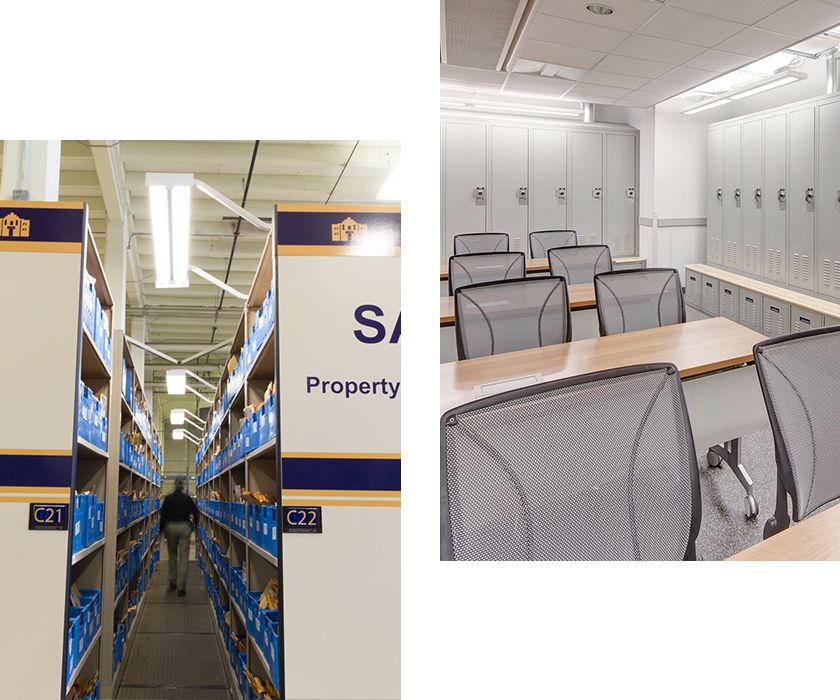
One Building, Multiple Solutions
Public services – police, fire, and other civil resources – once housed in individual buildings, are now finding themselves under a common roof. A shining example of this can be found in Salt Lake City's public safety building, which offers their residents a one-stop shop for all their municipal needs and showcases how architects and designers can help in delivering a stronger sense of community.


Core Challenges
Security has always been an important design consideration in public safety buildings. There is a unique balance in providing proper security for all stakeholders, including law enforcement support staff, the public, and those who are detained. From exterior considerations such as establishing proper setbacks to building access and the placement of security cameras around the facility, all of these are valuable details when considering site design. Beyond this, storage solutions for officer equipment, weapons, supplies, and evidence, has been identified as a primary challenge within public safety facilities.
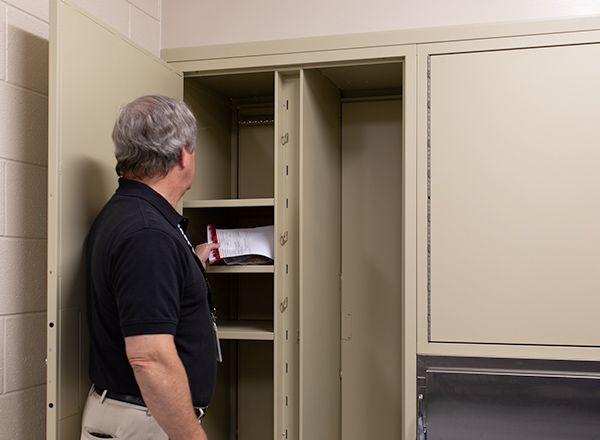
Where Spacesaver Shines
Our criminal justice system is based on the presumption of innocence. When working on a case, law enforcement must prove guilt beyond a reasonable doubt. Any uncertainty about the integrity of a piece of evidence or unanswered questions about how evidence was handled at any step along the way from the crime scene to the courtroom, can lead to crimes going unpunished. That’s why it’s so important for police departments to provide a secure chain of custody, and proof that evidence is always handled and stored properly.

Securing the chain of custody happens at many points. Our proven and trusted solutions are there for public safety officials every step along the way:
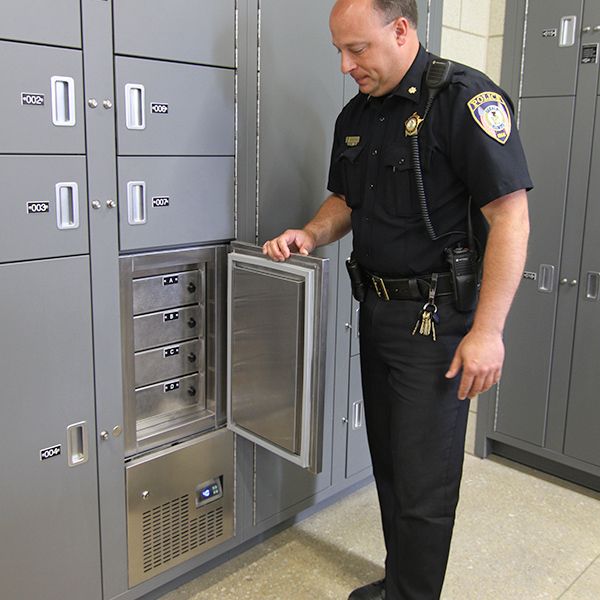
Short-Term Evidence
Short-term evidence storage solutions can provide process efficiencies, reduce costs, and create daily efficiencies for officers.
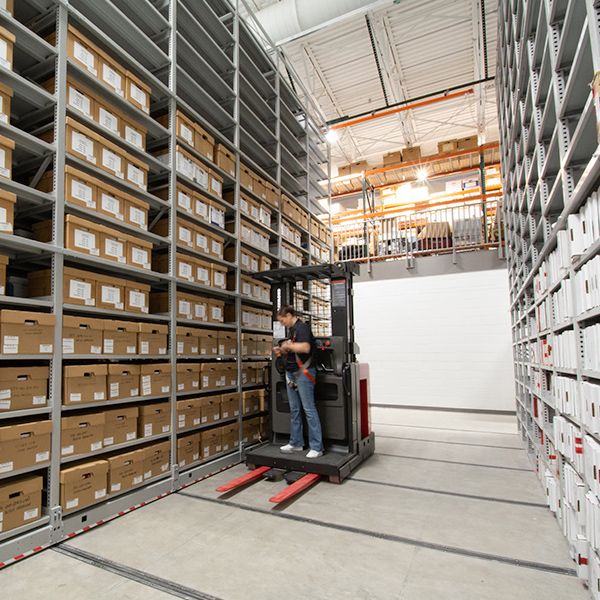
Long-Term & Off-Site Evidence
Off-Site High-Bay Storage Systems are ideal for police departments that have outgrown their on-site evidence storage.
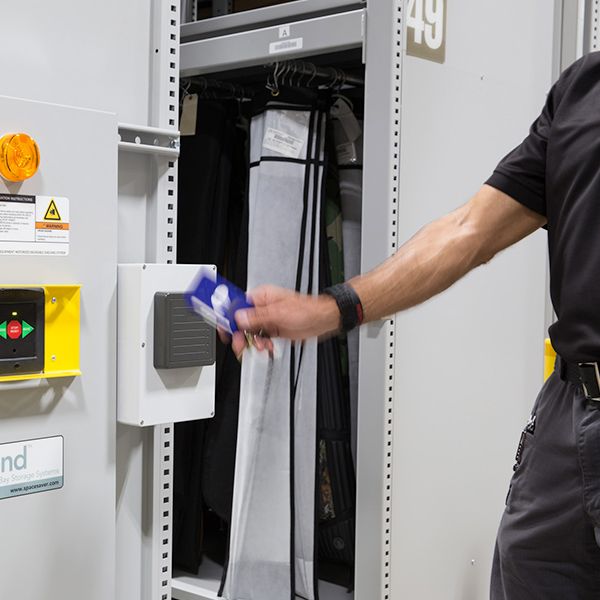
Security & Tracking
Users can employ our ControLoc® digital locking mechanism for maximum tracking capability, controlled access, security, and auditing.
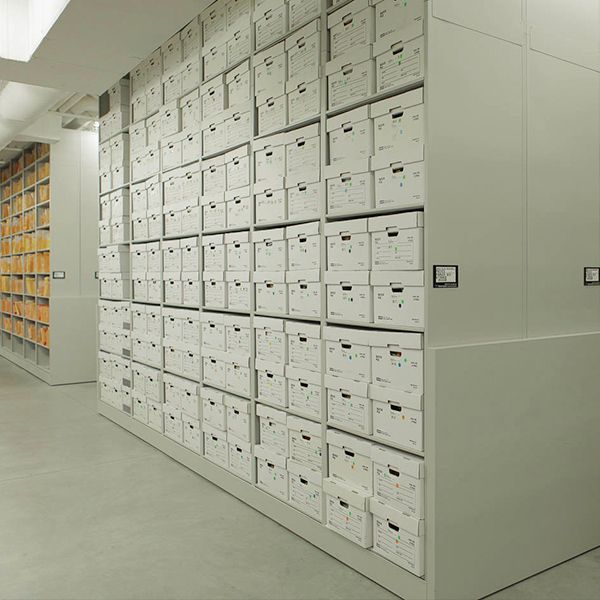
Accreditation
Contact us to learn more about accreditations, including achieving CALEA and IAPE standards.
Retaining a Sense of Wellness
Public safety personnel face stressful work environments. Providing well-appointed locker rooms can create a comfortable space to begin and end each day and build camaraderie with fellow officers. With recruitment and retention as focal points for departments across the country, the right locker room can make all the difference.
Spacesaver’s FreeStyle® Personal Storage Lockers are infinitely configurable and customizable to accommodate each employee’s individual storage needs. Featuring a wide range of options including separately locked sections for personal items, these versatile solutions can securely store equipment, uniforms, weapons, and electronics.
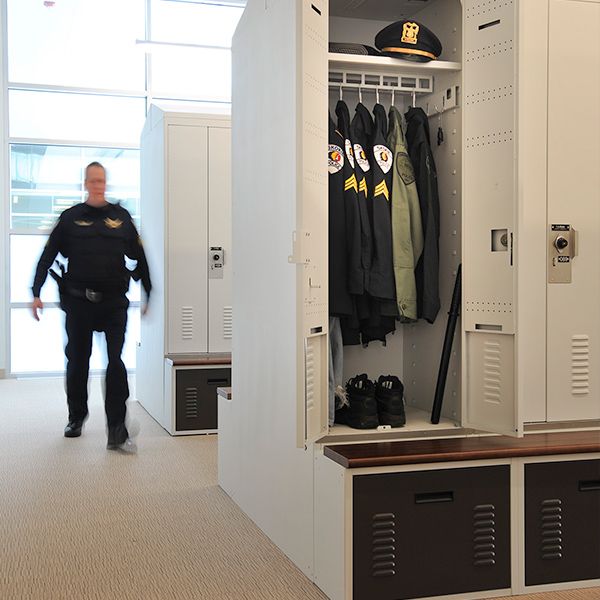

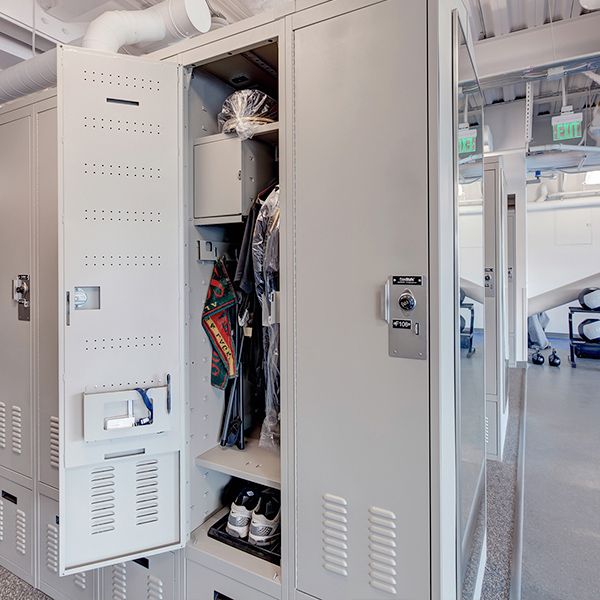
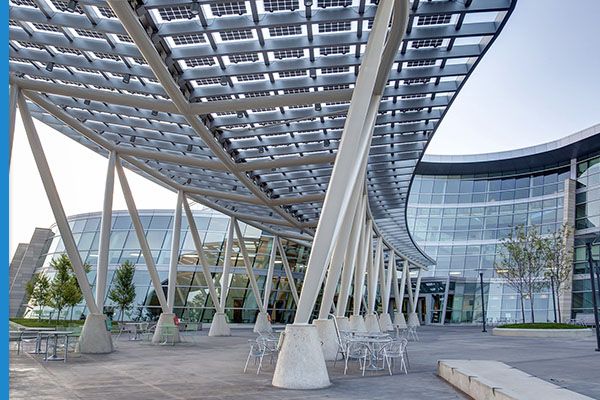
Public Safety Design Course
Public Safety Design Course


Ready & Organized
Preparedness is essential for law enforcement, and when officers need to move quickly, getting held up by disorganization is the last thing that’s needed.
Staying organized is critical for police departments. From evidence documents to police records, warrants, and more, there often is a huge amount of paperwork to be held – sometimes for decades – even in this digital world.

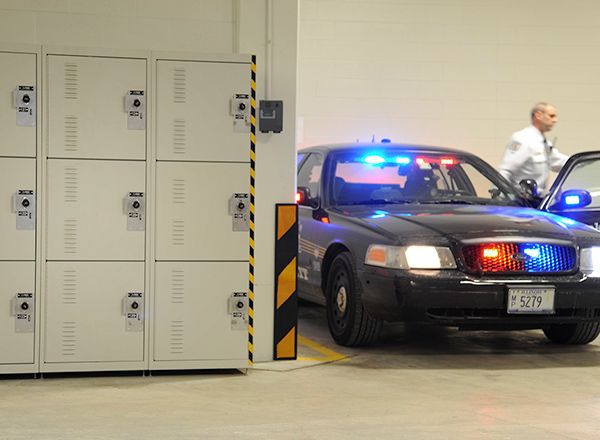
Spacesaver’s customizable gear lockers and duty bag lockers are an ideal way to create secure storage spaces for police equipment. Choose from a variety of styles and sizes to suit your needs and your space.
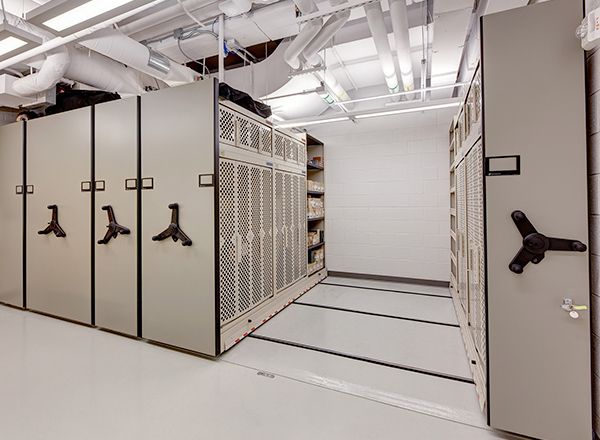
When it comes to weapons storage, optimum security and quick access are top priorities. Spacesaver offers a variety of weapons storage solutions to keep guns safe and officers prepared.

For SWAT and Tactical Gear Storage, Spacesaver offers a wide variety of standard and custom tactical gear locker configurations to accommodate vests, shields, helmets, and other gear.
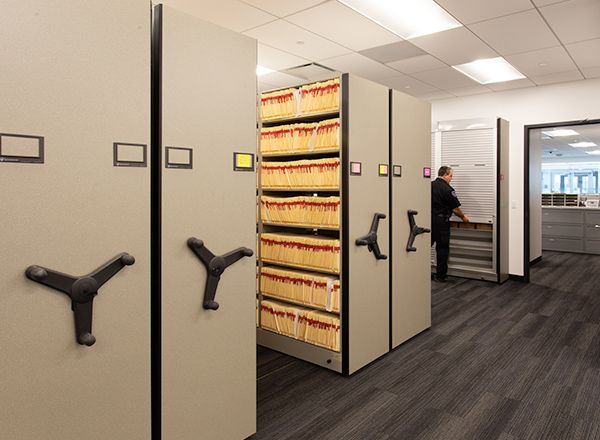
Mobile records and file storage increase your file storage capacity without sacrificing additional space. A variety of features allow you to restrict and track aisle access for maximum records security while keeping every item organized and accounted for.
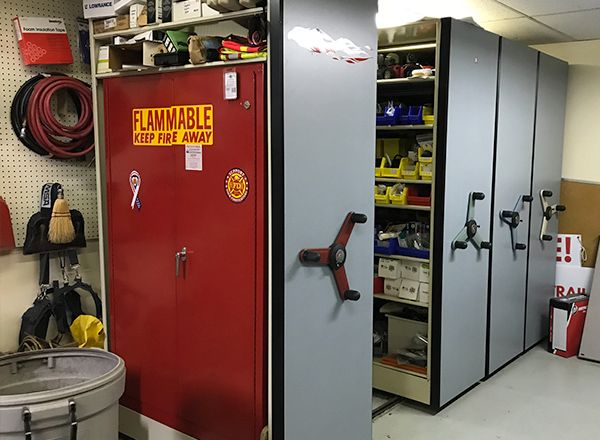
Organizing a Faster, More Efficient Response
Much like a police department, fire stations and their staff have a unique set of storage requirements due to the equipment they utilize and the shifts they cover. From personal storage lockers in bunk rooms to those used to keep personal protective equipment organized and at the ready, hose storage, and much more, Spacesaver’s versatile solutions can be used throughout your local station. See how we helped a local firehouse store their gear and create a heightened sense of safety for its community.

Public Safety Storage Checklist
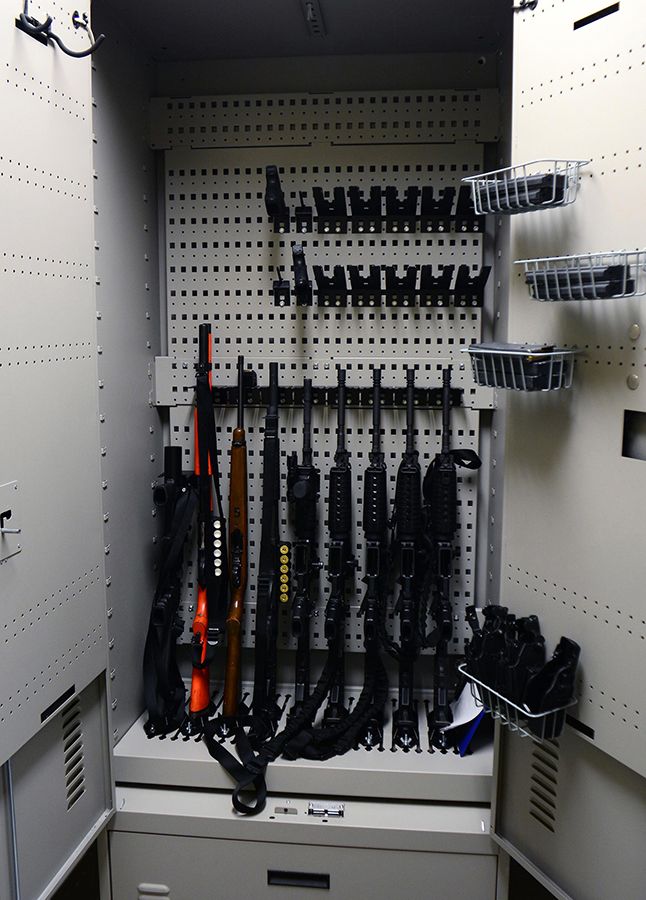
No matter how many weapons your agency has on hand at any given time, they still need to be secured and accounted for
Read More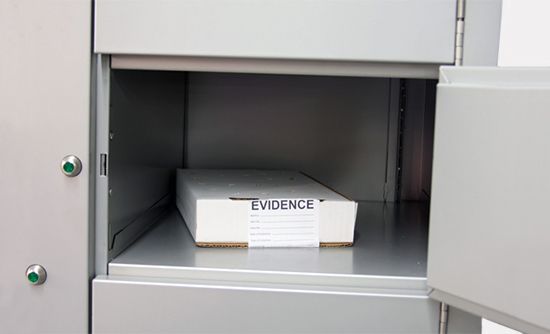
Chances are your customers have some kind of locker system for officers to deposit packaged evidence to be processed and put into longer term storage elsewhere at your facility.
Read More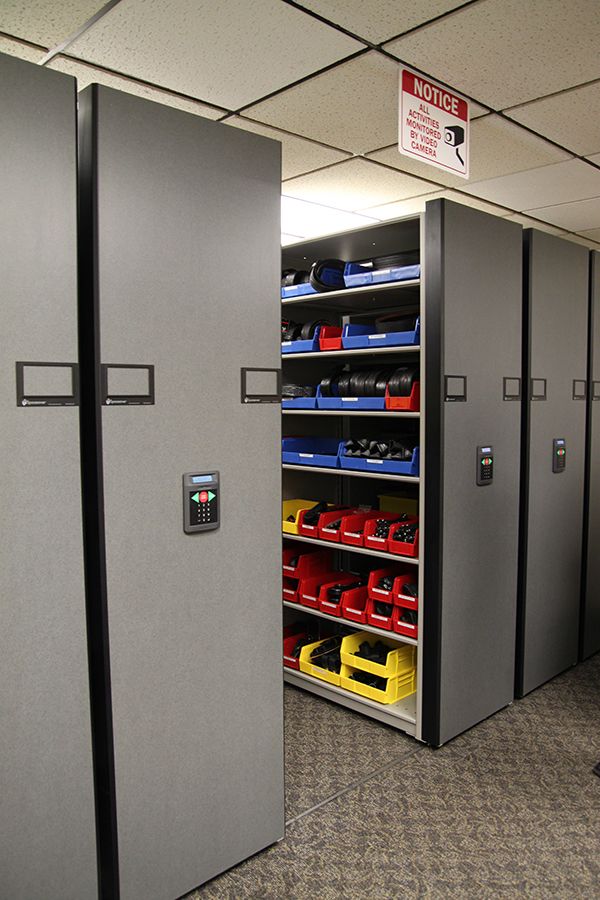
Handcuffs are so standard at law enforcement agencies that they’re easily overlooked when it comes to storage.
Read More
Whether they’re police bikes or property and evidence, there’s never been an efficient way to store them.
Read More
Police badges are often an overlooked item when it comes to planning storage at a police department – after all, how hard can it be to store something that only takes up a few inches of space?
Read More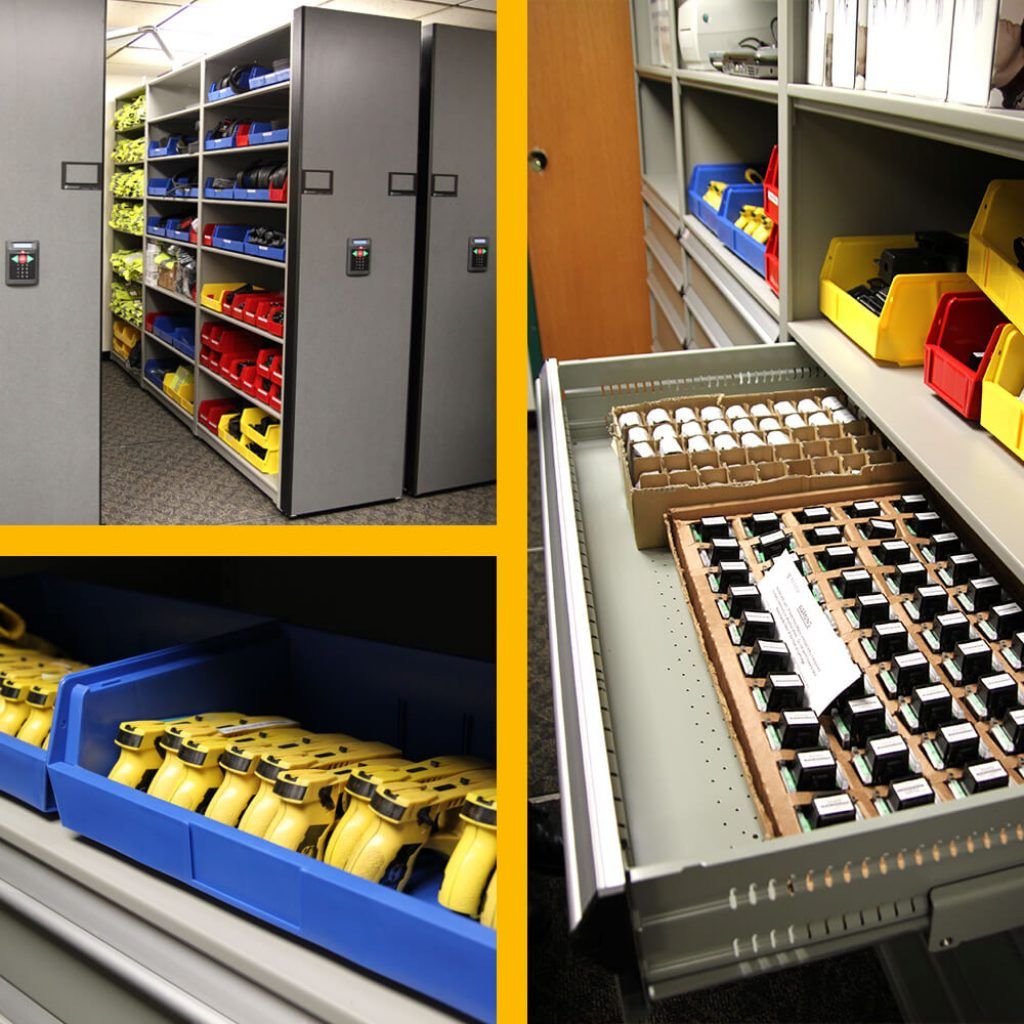
There are 2 ways electroshock weapons and cartridges can be stored to keep them secure and damage-free.
Read More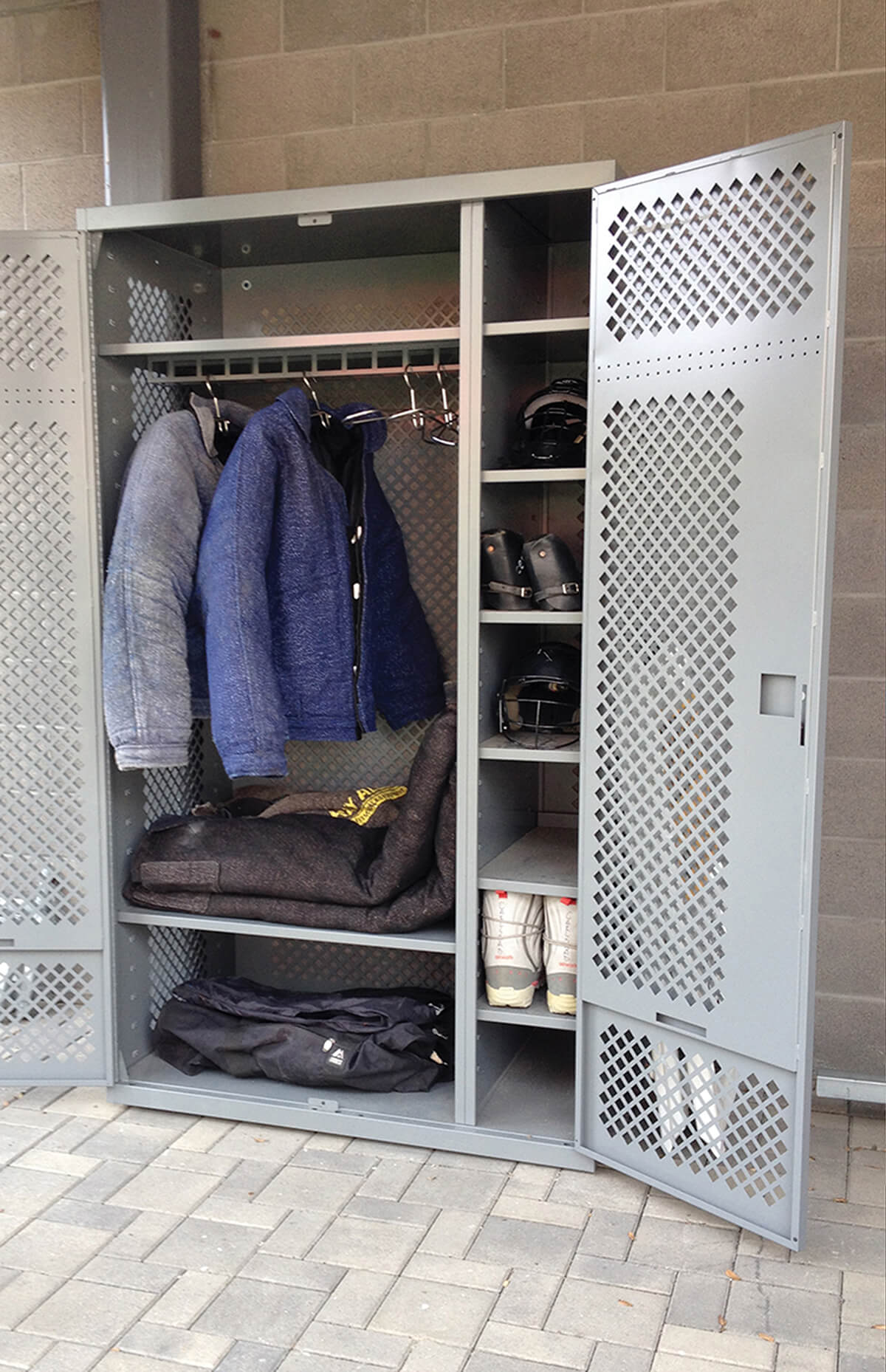
Since protection dogs need weekly training throughout their careers, departments with canine units usually acquire their own bite suits.
Read More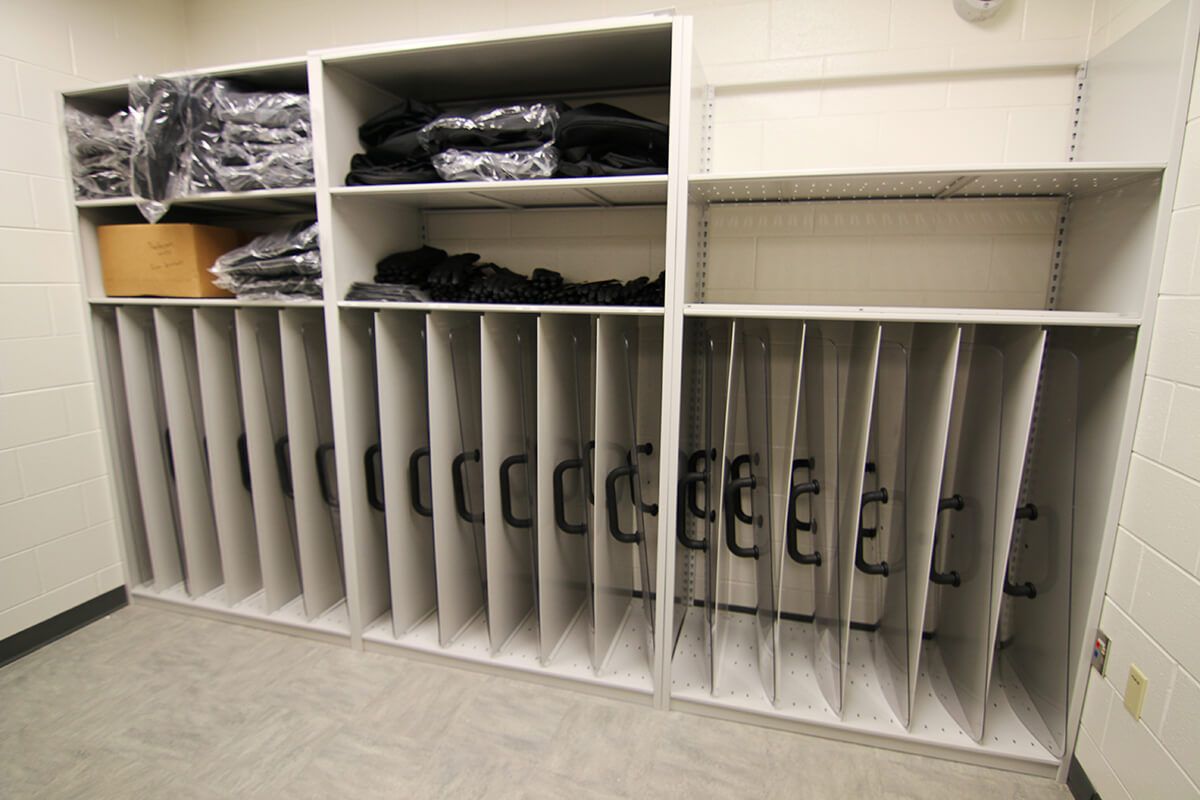
The current political and social climate has caused an increase in protests and large gatherings in many cities around the country.
Read More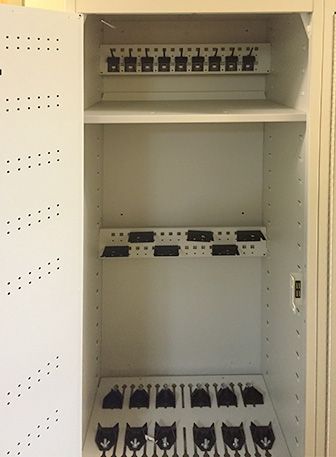
Many schools are beginning to look at new ways to have secure, quick access to weapons and gear in the event of an emergency.
Read MoreCorrectional Facilities
Balancing safety, security, and overcrowding are top concerns, luckily there are smarter storage options for multiple areas throughout these environments.
The landscape of public safety facilities is changing. By prioritizing best practices, employee safety and well-being, and exhibiting more contemporary design to welcome the public, facilities are becoming more community-friendly and promoting transparency that has not existed previously. See how the Oswego Police Department embraced this approach and contact us to find out how Spacesaver can help design an improved facility in your community.
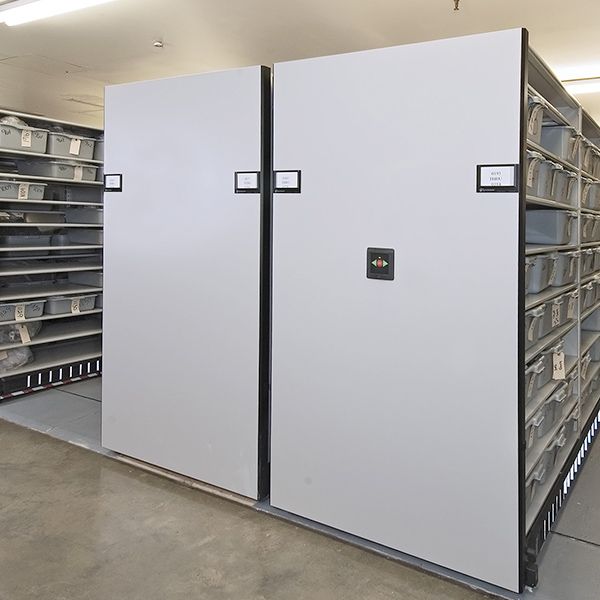
Inmate Property Storage
Storing inmate property bins on high-density mobile shelving allows you to compact storage to house more items in the same space, while allowing for quick, easy access to any bin when needed.
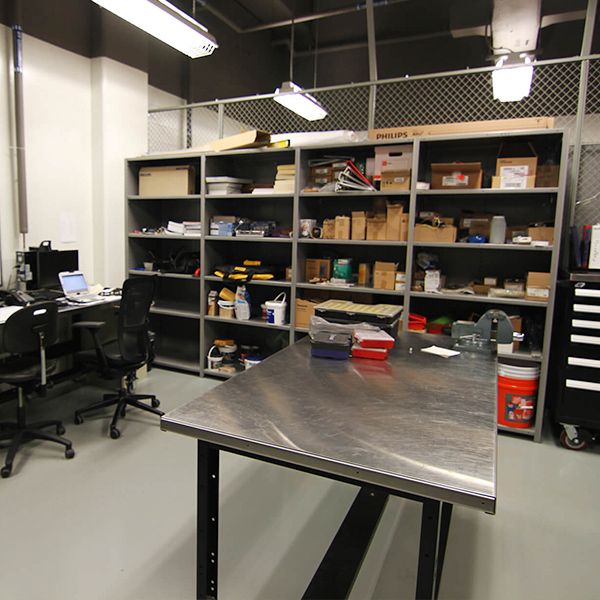
Tool Room Storage
Corrections centers often store tools for vocational programs and general maintenance, but need additional security measures to ensure that all items are accounted for.
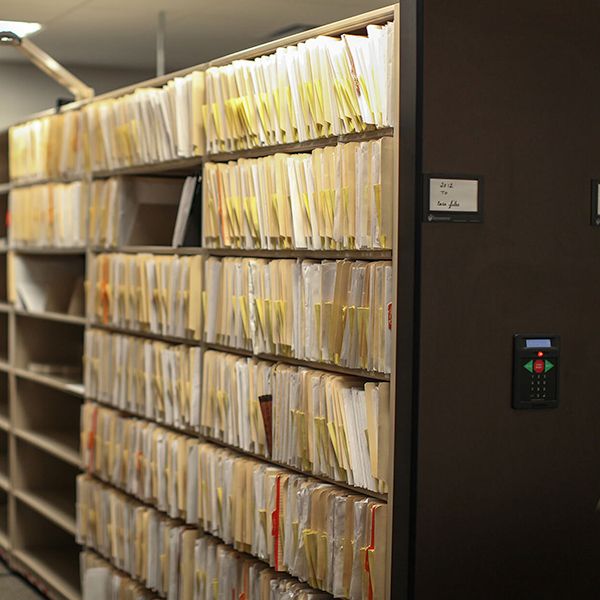
Medical Storage
Keeping track of medical records and prescriptions for hundreds of inmates at a time is like running a small-scale hospital records department. High-density mobile filing and prescription storage solutions ensure security and accessibility for medical storage at corrections facilities.
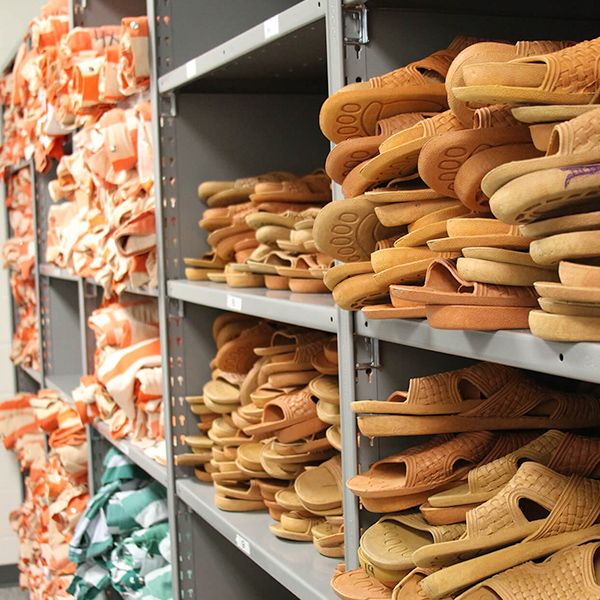
Kitchen & Work Areas
From personnel lockers to shelving of all types, we offer solutions to make work areas more efficient, more streamlined, and more pleasant to work in.
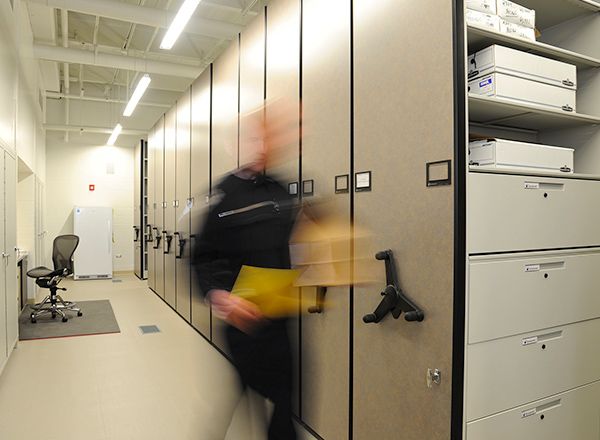
Storing History, Preparing for the Future
A perfect mix of past events, present occurrences, and future happenings, your local city hall or courthouse building is a hub for activity. Licensing, permitting, court hearings, and even the occasional wedding, these buildings accommodate a wide array of endeavors performed by a diverse set of individuals. Our high-density mobile storage systems are made in the USA and designed to properly house items of all shapes, sizes, and forms; safely, securely, and for as long as the situation deems necessary.

